We asked the BookNet staff to share the books they’ve read and loved or are planning on reading about or by Indigenous peoples.
All our picks can be found in this CataList catalogue.
A Coyote Columbus Story by Thomas King 🍁, illus. by William Kent Monkman 🍁
Thomas King breaks stereotypes about the stories of Christopher Columbus' voyages in this retelling that places Coyote, the hilarious trickster and creator of the world, at the centre. With illustrations done by none other than Kent Monkman.
Recommended by: Aline Zara
Birdsong by Julie Flett 🍁
A young girl moves away from her home but befriends her elderly neighbour. The two share an interest in art and the natural world. A moving story about the power of art, beauty, and connection.
Recommended by: Ainsley Sparkes
Braiding Sweetgrass by Robin Wall Kimmerer
What does it mean to "know" something? How can someone see the world? Many settlers are asking themselves questions akin to these as they grapple with the disclosure of the recovered remains of Indigenous students at residential school across the country, information that was well-known by residential school survivors and their descendants and shared by Indigenous activists and community leaders for years.
As the number of recovered individuals mounts, settlers are questioning the truths they have been told, the wisdom they have held close as “fact.”
Can you unlearn a life of missing truths? Can you see things in new ways, from new points of view?
Just as ground-penetrating radar can reveal secrets and lies and validate the words of our Indigenous neighbours, Braiding Sweetgrass offers an opportunity to see things anew, to validate knowledge previously pushed to the marginalia.
Higher education students have long been taught that the rigidity of academia and the methods of professional science provide a welcome, reliable structure to inquire about the world, that rigidity can collide with the religious and spiritual.
In author Robin Wall Kimmerer’s personal narrative, the reader explores how a Western science-informed understanding of the natural world could welcome the teachings of traditional Indigenous wisdom.
What could it mean to examine the world with an openness of mind, one that would allow you to "see" the workings of mycorrhizal fungi from a cellular, scientific perception, while also being informed by traditional teachings on reciprocity? The book is a thoughtful, meditative, and compelling invitation to reconsider the lenses through which we understand the world.
Recommended by: Lauren Stewart
Clearing the Plains by James Daschuk 🍁
A book that outlines how the systemic policies of state-supported starvation and the intentional spread of infectious disease were foundational policies set by the Canadian government that ended in the death of Indigenous peoples in Canada.
Recommended by: Jackie Fry
Decolonizing Wealth by Edgar Villanueva
Reflections and analyses on being Indigenous in the colonized/White supremacist systems of philanthropy, nonprofit grants, and foundations with a process for how to restructure the system to justice and healing for all. A must-read and life-changer if you donate money for wealth redistribution, reparations, philanthropic and/or charity reasons.
Recommended by: Shim Hirchberg
Halfbreed by Maria Campbell 🍁
A seminal work of Métis and Indigenous literature. Originally published in 1973, this memoir by Maria Campbell was fully restored to its original manuscript from the M&S archives in 2019 including the excised chapter about her rape at 14 by an RCMP officer. Maria Campbell, descended from Gabriel Dumont, is a survivor who has worked tirelessly for Indigenous and Métis rights, and for justice for displaced peoples across Canada. She is an incredible person who turned numerous tragedies into a triumphant life.
Recommended by: Jackie Fry
Indian Horse by Richard Wagamese 🍁
From the publisher: “Indian Horse unfolds against the bleak loveliness of northern Ontario, all rock, marsh, bog and cedar. Richard Wagamese writes with a spare beauty, penetrating the heart of a remarkable Ojibway man. Drawing on his great-grandfather's mystical gift of vision, Saul Indian Horse comes to recognize the influence of everyday magic on his own life. In this wise and moving novel, Wagamese shares that gift of magic with readers as well.”
Recommended by: Noah Genner
Jonny Appleseed by Joshua Whitehead 🍁
This novel introduces the reader to Jonny, a young two-spirit person living in Winnipeg and making a life as a self-proclaimed “NDN Glitter Princess.” Written in first person POV, the book reads like a memoir in its gritty details and visceral story. Phenomenal!
Recommended by: Hannah Johnston
Moon of the Crusted Snow by Waubgeshig Rice 🍁
A post-apocalyptic tale about maintaining order and using tradition to thrive after there's no more electricity in an already isolated northern community. Because it isn't the first time this Anishinaabe community survived the end of the world. Somewhat of a slow burn, considering it's in the dystopian category. (There's apparently a sequel in the works!)
Recommended by: Shim Hirchberg
nedi nezu (Good Medicine) by Tenille K. Campbell 🍁
Poems on romance, dating, sex, relationships, and the space that being an Indigenous woman creates. I haven’t had a chance to pick up this poetry collection yet, but I really enjoyed her first collection, #IndianLove: Poems.
Recommended by: Aline Zara
NISHGA by Jordan Abel 🍁
An autobiographical work that uses fragments of transcripts, poetry, photos, commentary, and art to think through, and piece together, one's identity and history from the legacy of residential schools, the cycle of intergenerational trauma, and being disconnected from traditions, culture, and language.
Recommended by: Shim Hirchberg
Noopiming by Leanne Betasamosake Simpson 🍁
A work of decolonization that I have heard is funny, clever, and moving. Really looking forward to reading it.
Recommended by: Jackie Fry
One Story, One Song by Richard Wagamese 🍁
A collection of essays on stories and what we can learn from them from a wonderful storyteller. I didn't want it to end, the perfect book to savour and re-read again and again, taking in something new each time. So much wisdom, care, and love.
Recommended by: Shim Hirchberg
Seven Fallen Feathers by Tanya Talaga 🍁
Seven Fallen Feathers is heartbreaking and necessary reading. It's the story of seven Indigenous teenagers who died while in Thunder Bay attending high school. Settlers can't claim residential schools are a thing of the past when kids are "forced to leave home because there was no adequate high school on their reserves." Settlers need to take on the hard work we have ahead of us in addressing our own racism and racist systems.
Recommended by: Ainsley Sparkes
Sweetest Kulu by Celina Kalluk 🍁, Illus. by Alexandria Neonakis 🍁
A lovely bedtime story for young kids — Sweetest Kulu describes how animals from across the Arctic come to greet a newborn baby and pass along their gifts. The illustrations by Neonakis and poetic text by Kalluk pair beautifully, and this gentle story reads just like a lullaby.
Recommended by: Hannah Johnston
The Girl and the Wolf by Katherena Vermette 🍁, Illus. by Julie Flett 🍁
A great story on listening to the voice inside of us, staying calm, being thoughtful, and giving thanks.
Recommended by: Shim Hirchberg
The Inconvenient Indian by Thomas King 🍁
Thomas King is able to blend humour and heavy topics together to make a very educational, emotional, eye-opening, and engaging book.
Recommended by: Vivian Luu and Mickey Fontana
The Right to Be Cold by Sheila Watt-Cloutier 🍁
It’s about so much more than just climate change. From the description: In this culmination of Sheila Watt-Cloutier's regional, national, and international work over the last twenty-five years, The Right to Be Cold explores the parallels between safeguarding the Arctic and the survival of Inuit culture, of which her own background is such an extraordinary example. This is a human story of resilience, commitment, and survival told from the unique vantage point of an Inuk woman who, in spite of many obstacles, rose from humble beginnings in the Arctic to become one of the most influential and decorated environmental, cultural, and human rights advocates in the world.
Recommended by: Aline Zara
There There by Tommy Orange
Twelve characters from different Indigenous communities all converge in this novel, as they come together at the Big Oakland Powwow. I read this book in one sitting as I absolutely could not put it down. The story moves at a breakneck pace towards its climax as the web of connections between the characters deepens and grows. Utterly engrossing and a read that has stuck with me since.
Recommended by: Hannah Johnston
Stories across time, space, people, and generations that later connect to a single event. The Goodreads description says it better than I can: "Together, this chorus of voices tells of the plight of the urban Native American — grappling with a complex and painful history, with an inheritance of beauty and spirituality, with communion and sacrifice and heroism. Hailed as an instant classic, There There is at once poignant and unflinching, utterly contemporary and truly unforgettable."
Recommended by: Shim Hirchberg
Una Huna: What Is This? by Susan Aglukark 🍁, Illus. by Amanda Sandland 🍁, and Danny Christopher 🍁
The joys of curiosity being nurtured and trying out names for a new puppy, intertwined with larger questions about maintaining traditions and incorporating new things without losing cultures (mixed reviews from Indigenous and non-Indigenous readers). Multilingual book with a pronunciation and translation guide at the end.
Recommended by: Shim Hirchberg



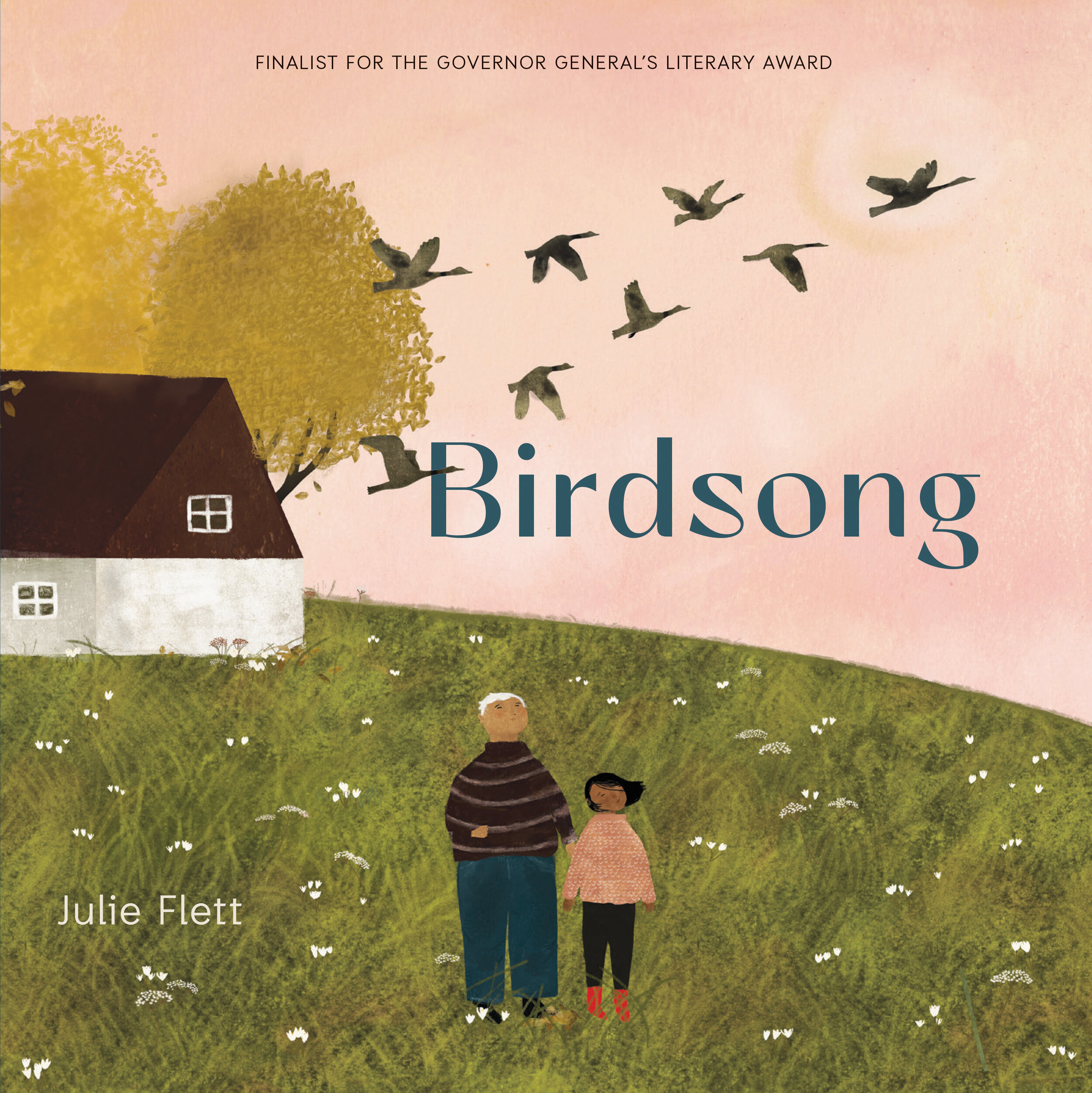
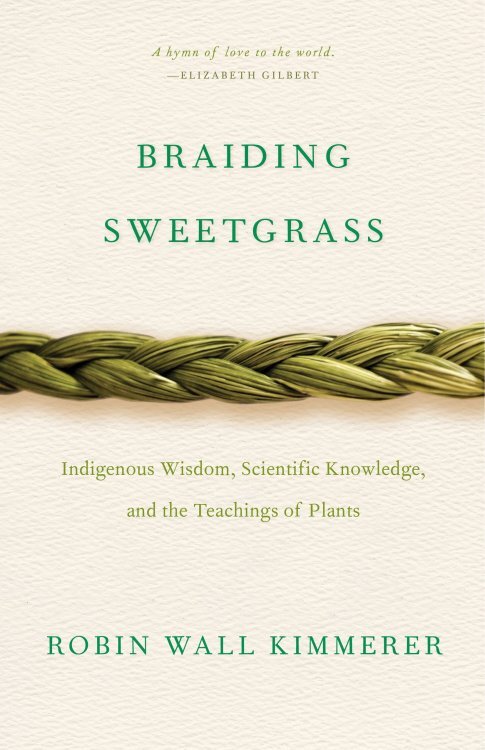











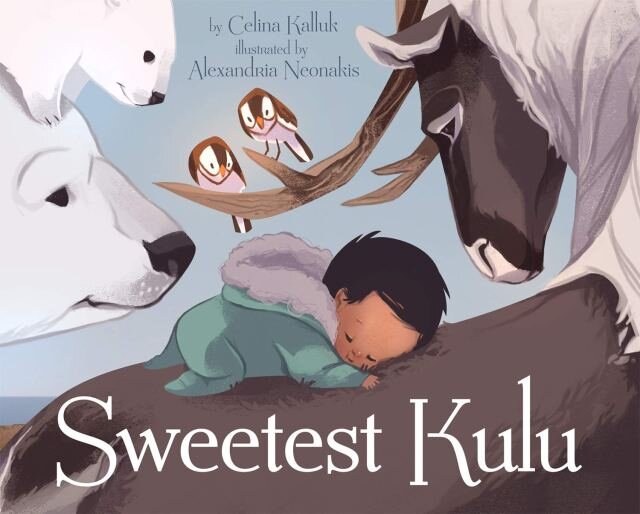
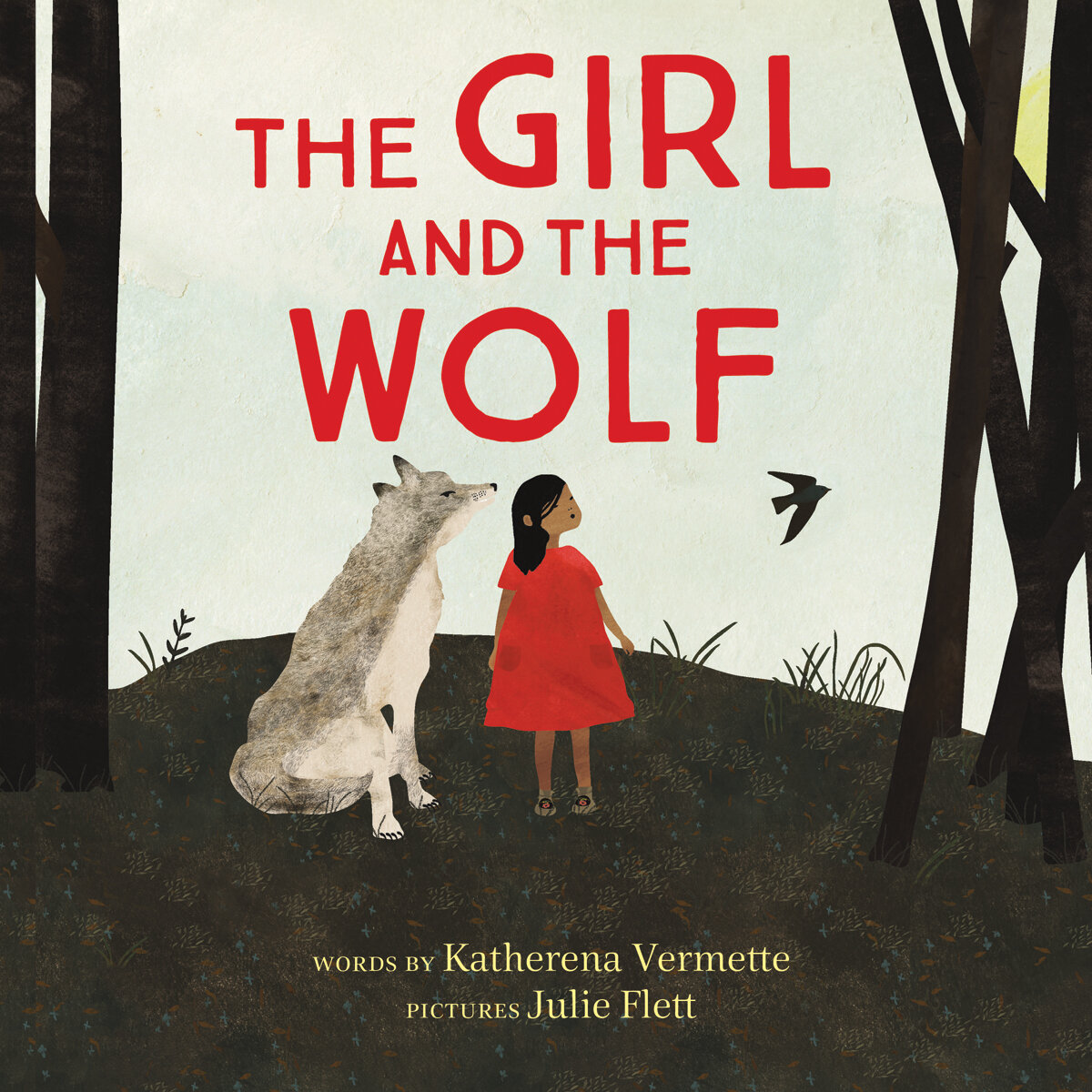


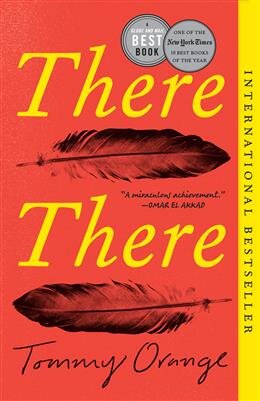











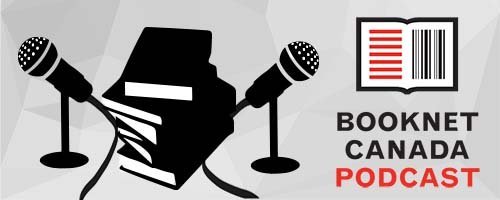

Featuring River in an Ocean: Essays on Translation edited by Nuzhat Abbas.